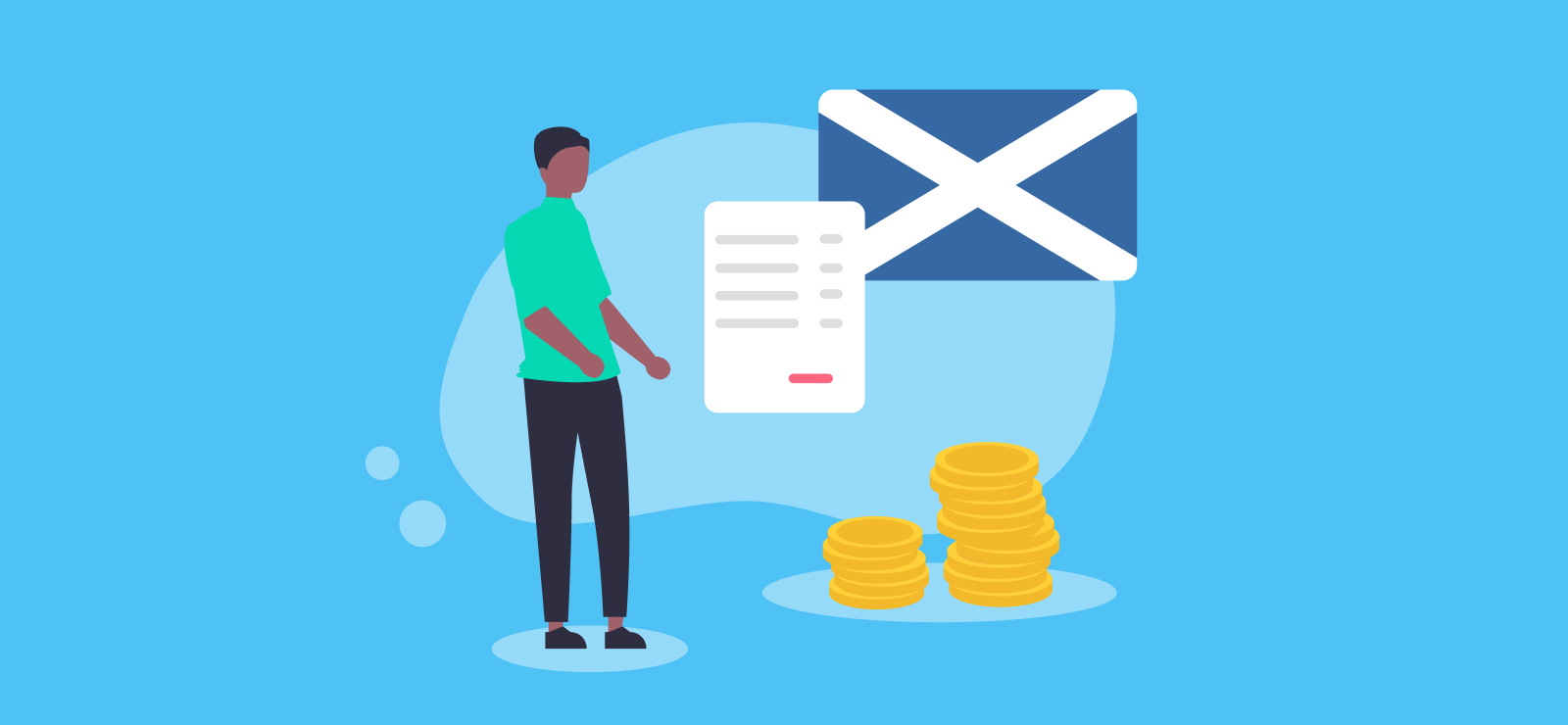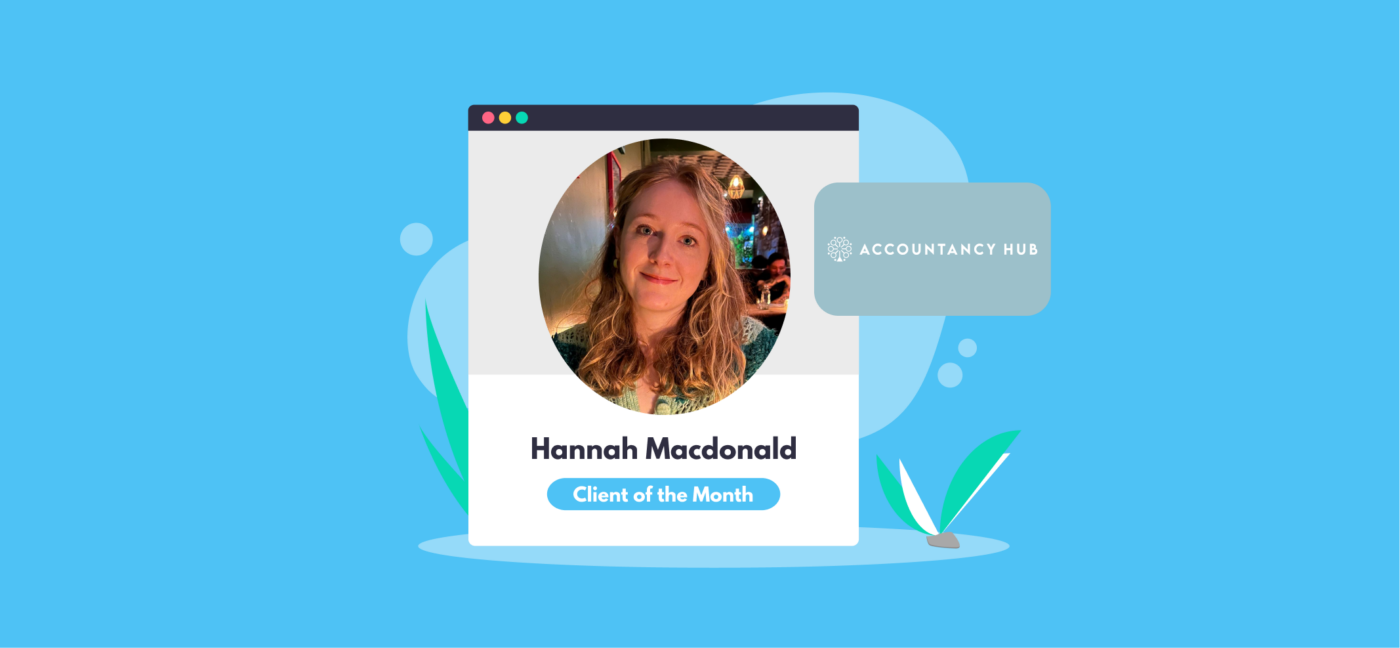

Scottish Income Tax Rates and Thresholds for 2024/25 and 2025/26
If you live or work in Scotland then you may need to pay tax on your earnings using the Scottish Income Tax rates.
Do I need to pay Scottish Income Tax?
You’ll normally only pay the Scottish rate of Income Tax if your main home is in Scotland. This means Scotland is normally the place where you spend most of your time, but it could also be where most of your possessions are, or where your family live.
What happens if I move?
If you move to or from Scotland during the tax year, you might still need to pay Scottish Income Tax if this is where you spend the majority of the year.
What are the Scottish tax rates and thresholds?
Taxpayers in Scotland pay Income Tax at a different rate, and on the basis of different thresholds, to taxpayers in England, Wales, and Northern Ireland. Some Scottish Income Tax thresholds will change from April 2026 for the 2026/27 tax year.
| Tax Rate | 2025/26 Tax Band Thresholds |
2026/27 Tax Band Thresholds |
| Personal allowance: No tax on this income. | £0 – £12,570 | £0 – £12,570 |
| Starter rate | £12,571 - £15,397 19% tax |
£12,570 – £16,537 19% tax |
| Basic rate | £15,398 - £27,491 20% tax |
£16,538 – £29,526 20% tax |
| Intermediate rate | £27,492 - £43,662 21% tax |
£29,527 – £43,662 21% tax |
| Higher rate | £43,663 - £75,000 42% tax |
£43,663 – £75,000 42% tax |
| Advanced rate | £75,001 - £125,140 45% tax |
£75,001 – £125,140 45% tax |
| Top rate | Over £125,140 48% tax |
Over £125,140 48% tax |
How much tax will I pay as a Scottish taxpayer?
If your earnings go above a particular tax threshold, it doesn’t mean that you’ll pay that rate of tax on all of your earnings. You only pay that rate of tax on the part of your income that falls into that particular tax band.
For example
Let’s use the example of someone who lives in Scotland, and earns an income of £100,000 in the 2025/26 tax year. This could be from a salary, self-employment, or a combination of the two.
- 0% tax on the first £12,570
- 19% on the proportion of your income subject to the starter rate (which covers £12,571 - £15,397)
- 20% basic rate tax on the part of your income which falls into the next tax bracket (£15,398 - £27,491)
- 21% tax on the part of your salary which falls into the intermediate tax band (which is £27,492 - £43,662)
- 42% higher rate income tax on the next chunk (£43,663 - £75,000)
- 45% advanced tax on income above £75,000 up your total salary of £100,000
Does Scotland use a different rate of National Insurance?
No, any National Insurance contributions you make will be at the same rate as in the rest of the UK – only the Income Tax rates are different.
Will I pay a different rate of Dividend Tax?
No, the Dividend Tax rate is the same in Scotland as in other parts of the UK. Just be aware that you’ll need to work out the tax you owe on dividends using the UK tax rates and thresholds.
What if I travel for work?
If you have a home elsewhere in the UK but regularly travel for work or have another home in Scotland, you’ll need to work out which one is classed as your main home.
How do I pay it?
If you work for an employer, they’ll use your tax code to make sure they deduct tax at the correct rate. Your tax code will start with an ‘S’, which tells them to use the Scottish rate. For instance, the tax code S1257L tells your employer to deduct tax using Scottish Income Tax rates, and that you have a Personal Allowance of £12,570.
If you submit a Self Assessment tax return, there’s space for you to tell HMRC that you need to pay Income Tax using the Scottish rates. You’ll still be entitled to the same tax allowances as any other taxpayer elsewhere in the UK.
Tax is an incredibly complex subject, so it’s easy to get confused. Learn more about our online accountancy services and call 020 3355 4047, or get an instant online quote.
Want to learn more?
Subscribe to our newsletter to get accounting tips like this right to your inbox

Read more posts...

February 2026 Client of the Month: Accountancy Hub
27th February 2026This month we spoke to Hannah, founder of Accountancy Hub. Accountancy Hub | Instagram Hey Hannah! Tell us about your business…
Read More
Paying Yourself a Salary from Your Limited Company
26th February 2026Being a director means you’re legally separate from your limited company even if you’re also the owner, so you’ll need to decide…
Read More
How Do Footballers Pay Tax?
24th February 2026We all know top-flight footballers do alright. But how does tax work for professional footballers? Is it treated as self-employed income, or…
Read MoreConfirm Transactions
The number of monthly transactions you have entered based on your turnover seem high. A transaction is one bookkeeping entry such as a sale, purchase, payment or receipt. Are you sure this is correct?
Please contact our sales team if you’re unsure
VAT Returns
It is unlikely you will need this service, unless you are voluntarily registered for VAT.
Are you sure this is correct?
Call us on 020 3355 4047 if you’re not sure.
MTD IT Quarterly Updates
Your final, end of year MTD Income Tax submission is included in your fee, without this add-on service.
We would recommend you submit the quarterly updates yourself using Pandle or alternative bookkeeping software.
However, if you would prefer us to submit these quarterly updates for you, there is an additional fee of £35.00 per month.
Call us on 020 3355 4047 if you’re not sure.
Bookkeeping
You will receive our bookkeeping software Pandle for free, as part of your package.
You can use this to complete your own bookkeeping, or we can provide a quote to complete your bookkeeping for you.
Please select and option below:
Call us on 020 3355 4047 if you’re not sure.

